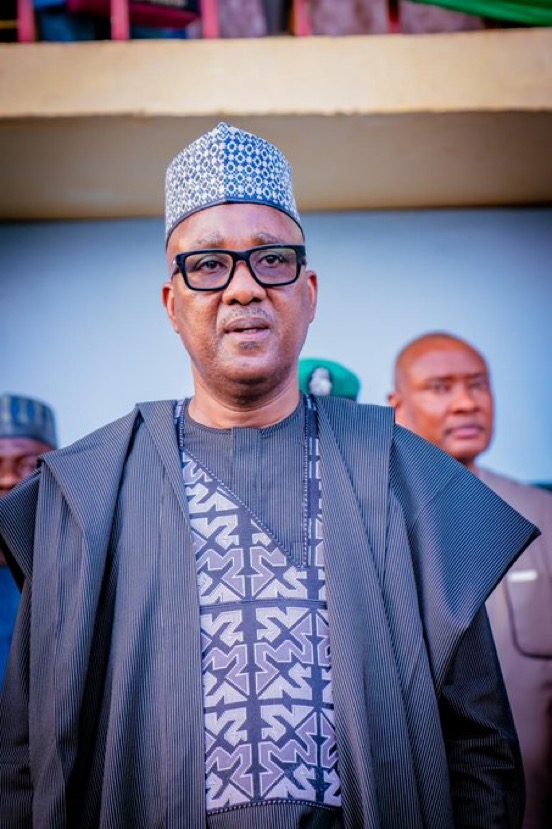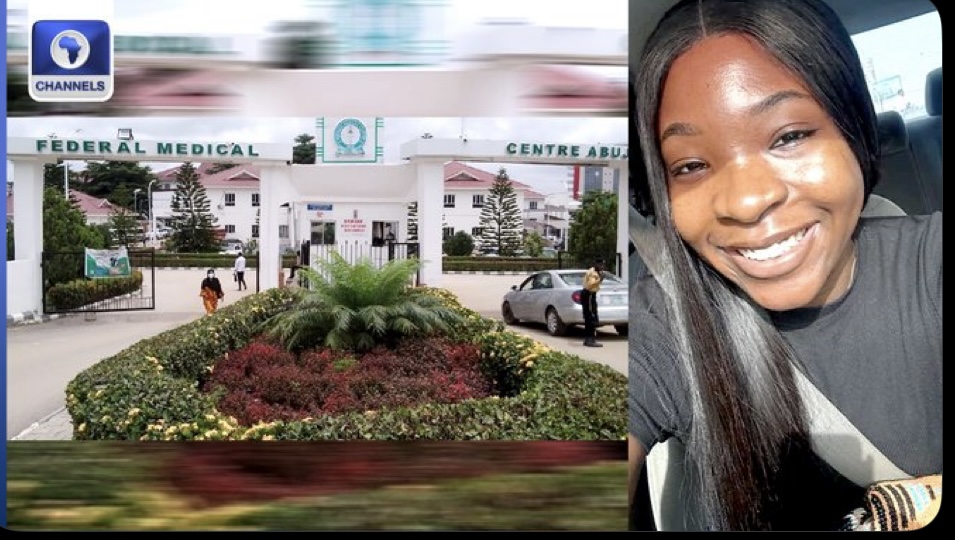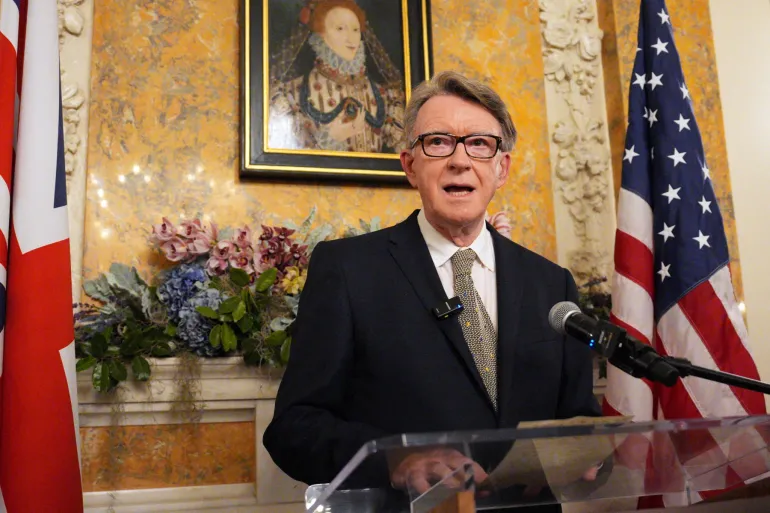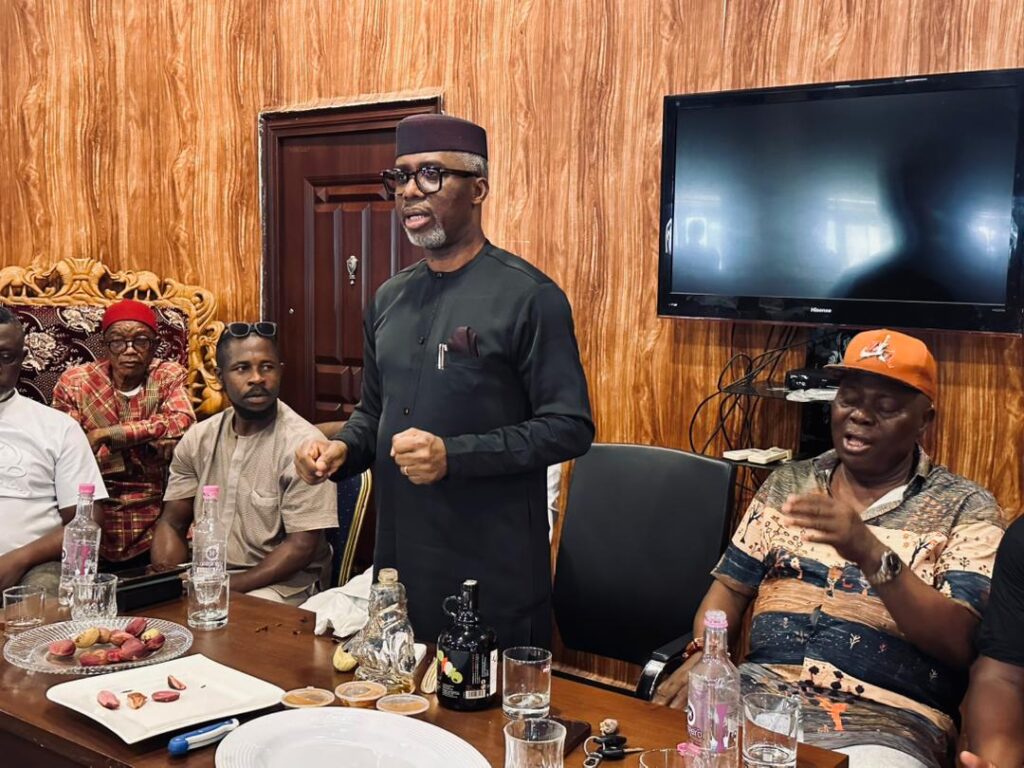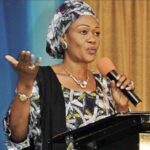Respond to CPC Designation, U.S. Congressman Chris Smith Urges Tinubu
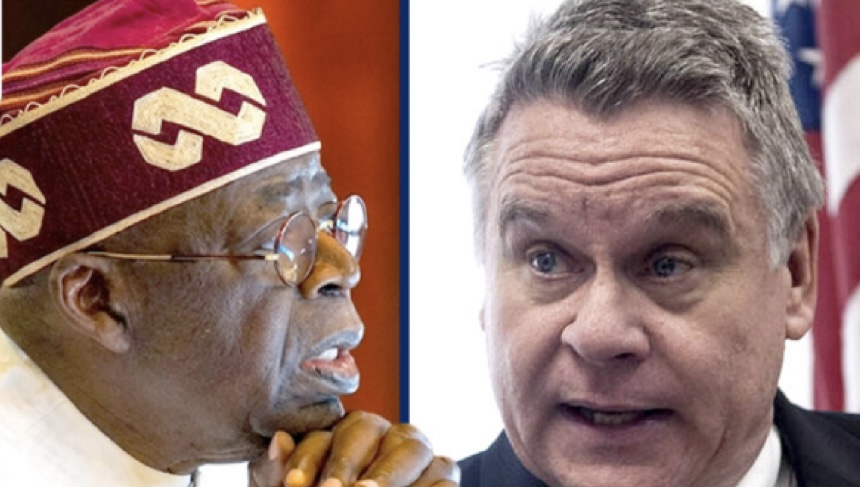
U.S. Representative Chris Smith, who chairs the House Foreign Affairs Subcommittee on Africa, has urged Nigerian President Bola Tinubu to respond proactively following Nigeria’s redesignation as a “Country of Particular Concern” (CPC).
Smith emphasized that the U.S. decision was made “in good faith,” and he called on the Nigerian government to deliver tangible reforms that protect vulnerable communities and hold perpetrators of violence accountable Smith made his call during a House subcommittee hearing on November 20, which examined the Trump Administration’s recent CPC designation of Nigeria. In his opening remarks, the congressman described the designation as “a serious, well‑founded wake‑up call” — not merely a punitive measure. He challenged Nigerian authorities to take concrete action to address ongoing human‑rights abuses, including religious persecution President Tinubu has to act,” Smith told Channels Television, adding that Nigerians “deserve better” from their leaders. He argued that the designation should be viewed as an opportunity for reform, not solely as an external rebuke The hearing included testimony from human‑rights experts, civil society representatives, and officials from the U.S. State Department. Speakers laid out sharply divergent views: some argued that the wave of attacks against Christian communities amounts to systematic persecution, while others cautioned against oversimplifying the violence and urged nuanced approaches that distinguish between criminality, terrorism, and faith-based targeting Smith and other advocates laid out a clear path for Nigeria to exit the CPC list: transparent investigations, prosecutions of those responsible, improved protection for victims, and regular, public reporting of progress. Smith pressed for “visible, verifiable reforms” — not just promises The Nigerian government, on its part, has rejected characterizations that frame the insecurity purely in religious terms. Officials argue that many of the attacks are criminal or terror-related, rather than government‑sanctioned religious persecution. They claim they are already taking steps to improve security, though U.S. lawmakers and rights groups say more must be done. Analysts see the designation as a powerful diplomatic lever. It intensifies international scrutiny on Nigeria and raises the political cost of inaction in Abuja. For President Tinubu, the challenge will be to turn rhetoric into measurable outcomes. Unless Nigeria can show significant reforms — documented investigations, trials, and victim protection — it may remain on the CPC list, putting pressure on its global standing.


